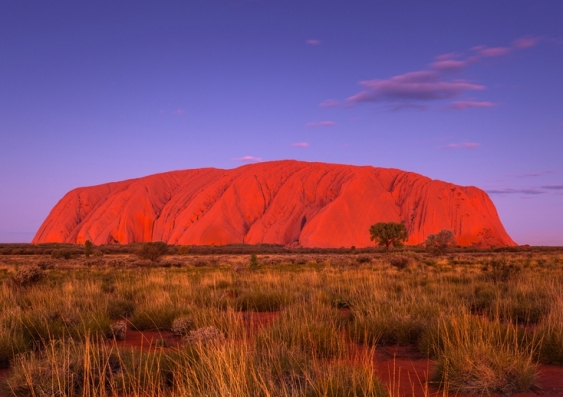OPINION: The Uluru Statement from the Heart was issued by the representatives of the First Nations Dialogues gathered at Uluru on the 50th anniversary of the 1967 referendum. It was a message to the Australian people of a vision for what responsibility looks like. Like most Australians, we find governments and public servants don’t always listen and don’t often take into account what is best for us. This is why Uluru called for a mechanism that would allow us to participate more directly in decision-making in Canberra.
Australians have already rejected a symbolic preamble in the 1999 referendum. The regional dialogues convened by the Referendum Council demonstrated the rejection of symbolism by Aboriginal and Torres Strait Islander peoples.
Instead, they want a voice in the nation and to the parliament. It must be a fearless and active voice, participating robustly in the democratic life of the commonwealth. It must be a responsible voice, always seeking to make laws better, to make policies more effective, and to influence the design of programs and initiatives to close the gap on disadvantage and banish misery.
With power will come responsibility. With responsibility will come accountability. Because it will not be possible for Aboriginal and Torres Strait Islander people to assume responsibility for laws, policies and programs in partnership with governments, without also being accountable for the outcomes. It can’t be all care, no responsibility. Self-determination and self-management will mean that failure will be ours as much as success.
It is time for Australians to believe in ourselves, and to tell our story anew. For those who will constantly remind us of the truth of the difficulties facing a referendum, we say we know we are climbing Mount Everest. The path ahead is filled with peril and uncertainty. But we know this mountain has a pathway to the summit.
The devils of fear and loathing must yield to the better angels of our nature. The report of the Referendum Council has now identified the path to success.
Megan Davis is a professor of law and Pro Vice-Chancellor Indigenous at the University of NSW; Noel Pearson is director of the Cape York Institute; Pat Anderson is the co-chairwoman of the Referendum Council.
The full article was originally published in The Australian (subscription required).


